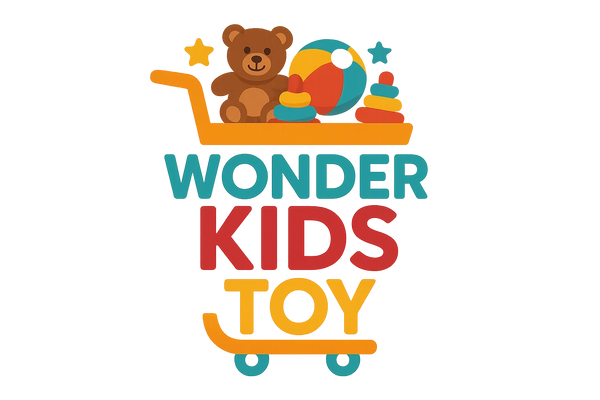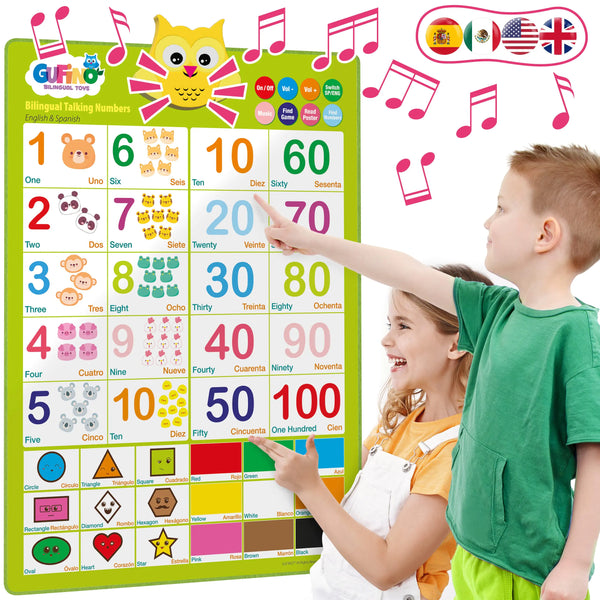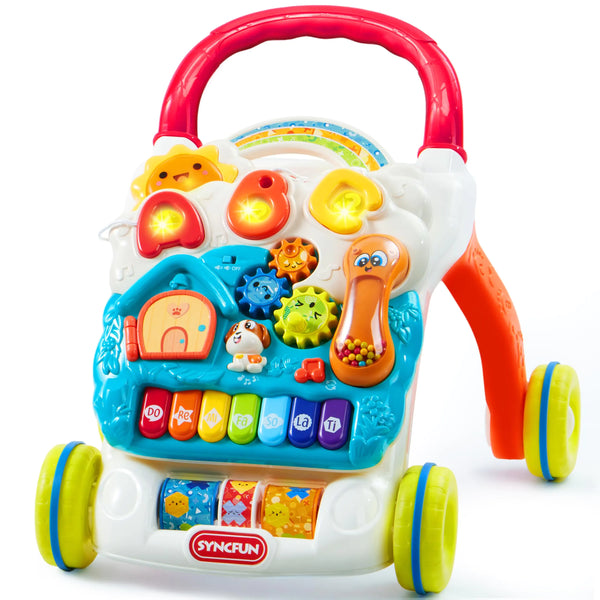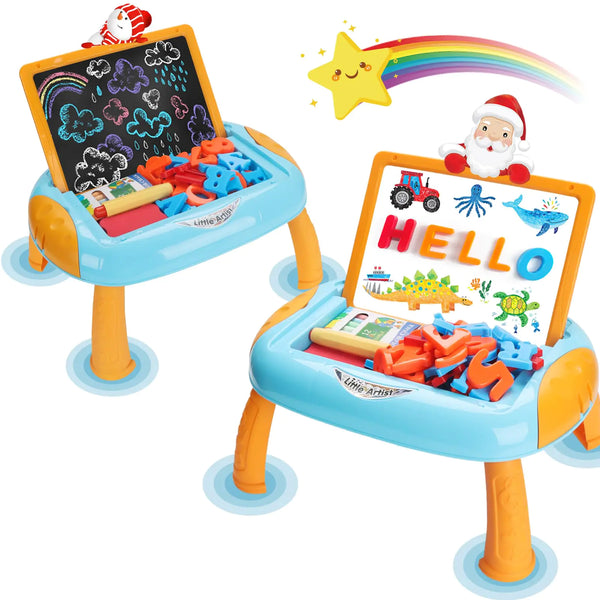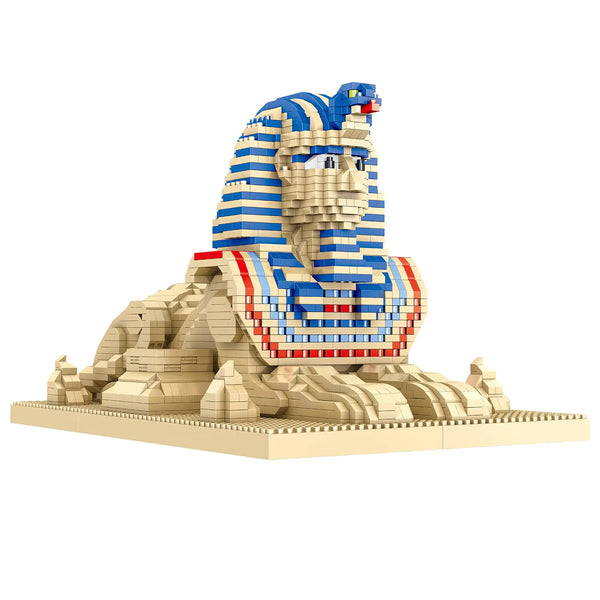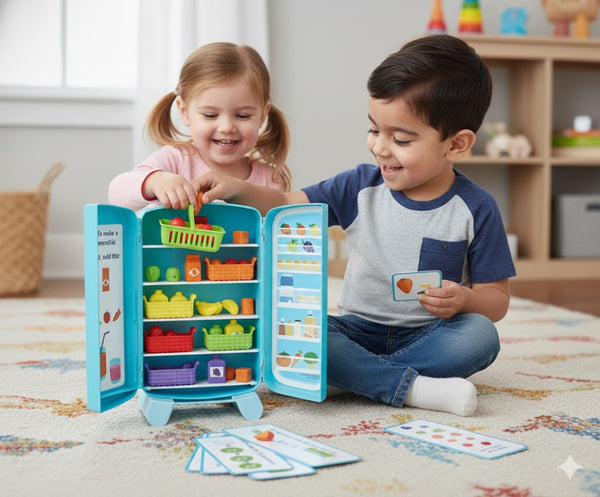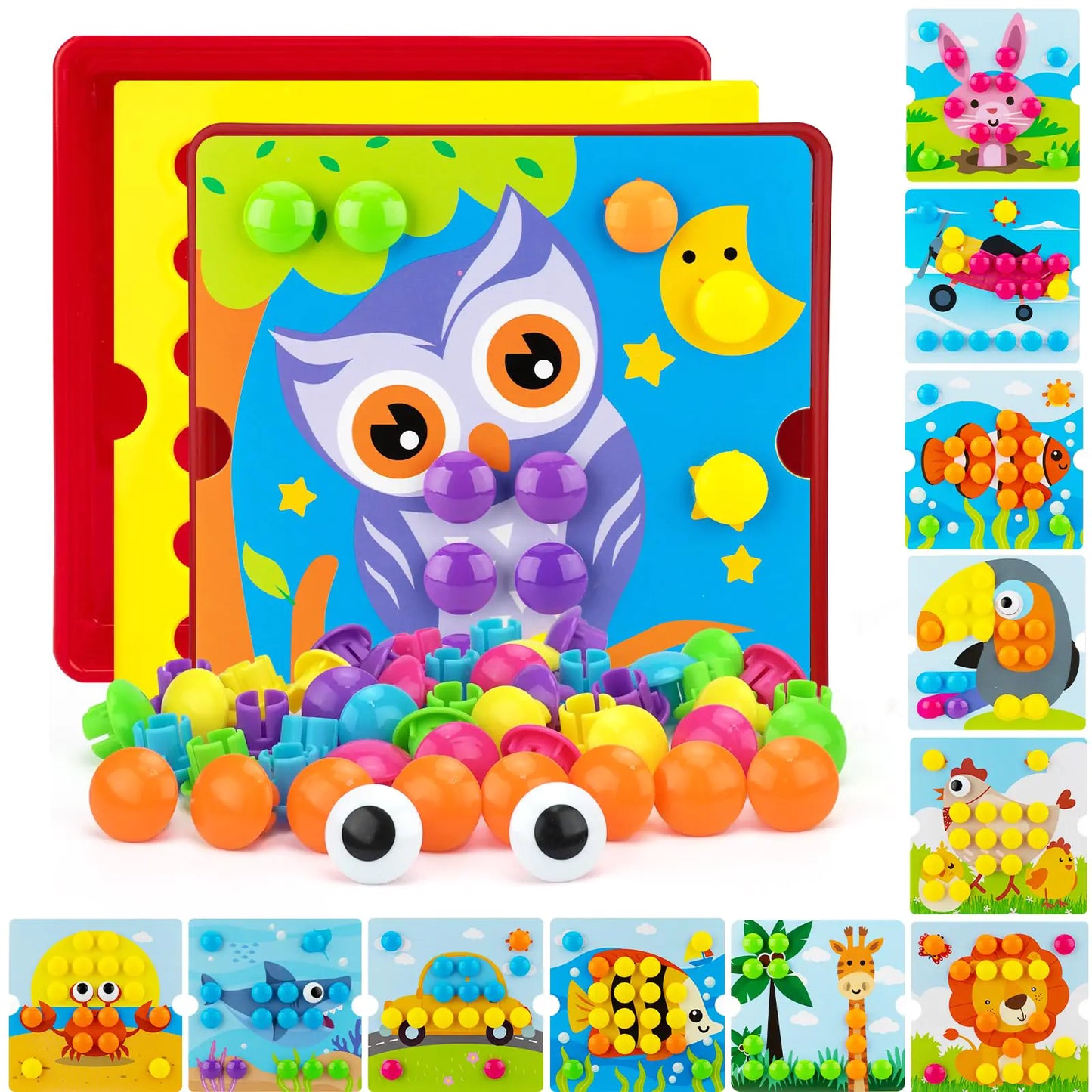Preschool learning flashcards have emerged as a powerful tool in early childhood education. These simple yet effective educational aids help young learners grasp foundational concepts in a fun and engaging way. From enhancing memory retention to boosting early literacy skills, preschool flashcards are revolutionizing the way children learn and retain information.
Key Takeaways
- Preschool flashcards are effective in boosting early literacy skills by helping children recognize letters and words.
- They enhance memory retention through repetitive learning and visual stimulation.
- Flashcards make learning fun and interactive, keeping young learners engaged.
- Parents and educators can use flashcards in various ways, including games and daily routines, to reinforce learning.
- Choosing age-appropriate and durable flashcards is crucial for safety and effectiveness.
Why Preschool Learning Flashcards Are a Game Changer

Boosting Early Literacy Skills
Preschool learning flashcards are fantastic for boosting early literacy skills. With their simple illustrations, bright colors, and easy-to-read text, flashcards can engage young learners and make learning fun and interactive. By incorporating flashcards into daily routines, parents can help their preschoolers develop letter recognition, number sense, and essential sight words.
Enhancing Memory Retention
One of the key benefits of using flashcards is enhancing memory retention. The repetitive nature of flashcard activities encourages children to review and recall information, which is crucial for long-term memory. Repetition and review are essential components of effective learning, and flashcards provide a structured way to achieve this.
Making Learning Fun
Let's face it, kids love games! Flashcards can turn learning into a fun and engaging activity. Whether it's a fast-paced family trivia contest or a quiet moment of review, flashcards make learning enjoyable. The interactive nature of flashcards keeps children interested and motivated, making it easier for them to absorb new information.
Flashcards are not just educational tools; they are a way to make learning a joyful experience for both parents and kids.
How to Use Preschool Learning Flashcards Effectively

Interactive Flashcard Games
One of the best ways to use preschool learning flashcards is through interactive games. These games can make learning feel like playtime, which is essential for keeping young children engaged. Interactive games can significantly boost a child's retention and understanding of new concepts. You can create simple matching games, memory games, or even use flashcards for a scavenger hunt around the house. The key is to make the activity as interactive and fun as possible.
Daily Flashcard Routines
Consistency is crucial when it comes to learning. Incorporating flashcards into your daily routine can help reinforce the concepts your child is learning. I like to set aside a specific time each day, whether it's after breakfast or before bedtime, to go through a set of flashcards. This daily practice helps in building a strong foundation of knowledge and makes learning a natural part of the day.
Incorporating Flashcards into Storytime
Storytime is another excellent opportunity to use flashcards. You can integrate flashcards that match the theme of the story you're reading. For example, if you're reading a book about animals, you can use animal flashcards to reinforce the names and characteristics of each animal. This not only makes storytime more interactive but also helps in connecting new information with existing knowledge, making it easier for your child to remember.
DIY Preschool Learning Flashcards: A Fun Project for Parents and Kids

Materials You'll Need
Creating your own preschool learning flashcards is a fantastic way to bond with your child while also making learning fun. To get started, you'll need some basic materials:
- Blank index cards or sturdy cardstock
- Markers, crayons, or colored pencils
- Stickers or stamps for decoration
- Scissors and glue
- Laminating sheets (optional for durability)
Step-by-Step Guide
Making flashcards at home is easier than you might think. Here's a simple guide to get you started:
- Choose a Theme: Decide on a topic like numbers, alphabets, or animals.
- Design the Cards: Draw or print images and write corresponding words or numbers on each card.
- Decorate: Let your child add stickers or color the cards to make them more engaging.
- Laminate: If you want the cards to last longer, consider laminating them.
Pro Tip: Involving your child in the creation process not only makes it more enjoyable but also enhances their learning experience.
Creative Ideas for Customization
The sky's the limit when it comes to customizing your flashcards. Here are some creative ideas:
- Interactive Elements: Add flaps or pockets to make the cards interactive.
- Sensory Features: Use textured materials like felt or sandpaper for a tactile experience.
- Personalized Content: Include family photos or favorite characters to make the cards more relatable.
Creating DIY flashcards is not just an educational activity but also a wonderful way to spend quality time with your child. It's a win-win!
The Science Behind Preschool Learning Flashcards

Cognitive Benefits
Preschool learning flashcards are a fantastic method for in-depth education. These colorful cards with little information—images, concepts, ideas, and words—stimulate a child's brain to think critically. Flashcards can help preschoolers become more adept at recalling details from photos quickly, enhancing their memory and cognitive skills.
Visual Learning Advantages
Flashcards are specifically designed to introduce basic concepts like numbers, letters, shapes, and colors. With their simple illustrations and bright colors, flashcards engage young learners and make learning fun and interactive. This visual learning approach is particularly effective for preschoolers, as it helps them develop letter recognition, number sense, and essential sight words.
Repetition and Reinforcement
One of the key benefits of using flashcards is the ability to encourage repetition and review. This is crucial in early education, as it helps reinforce the concepts being taught. By incorporating flashcards into daily routines, educators and caregivers can ensure that preschoolers are consistently exposed to important educational content, aiding in long-term retention and understanding.
Preschoolers’ flashcards are not just educational tools; they are gateways to a world of knowledge, making learning an enjoyable and enriching experience for your little one.
Choosing the Right Preschool Learning Flashcards

When selecting flashcards, it's crucial to choose ones that match your child's developmental stage. Flashcards that are too advanced can be frustrating, while those that are too simple might not hold their interest. Look for sets that are designed specifically for preschoolers, focusing on basic concepts like letters, numbers, and simple words. Melissa and Doug's flashcards are a great example, as they strike the perfect balance between fun and educational content.
Preschoolers can be rough on their toys, so durability is key. Opt for flashcards made from sturdy materials that can withstand a bit of wear and tear. Additionally, ensure that the cards are safe for little hands—no sharp edges or toxic materials. Laminated cards are often a good choice because they are both durable and easy to clean.
To keep your child engaged, choose flashcards that cover a variety of themes and topics. This not only makes learning more interesting but also helps to broaden their knowledge base. Popular themes include animals, colors, shapes, and everyday objects. Incorporating puzzle elements into the flashcards can also add an extra layer of fun and challenge.
Remember, the goal is to make learning enjoyable and effective. The right set of flashcards can make a world of difference in your child's early education journey.
Real-Life Success Stories with Preschool Learning Flashcards

Parents' Testimonials
I've heard countless stories from parents who have seen remarkable improvements in their children's learning abilities thanks to preschool flashcards. One mom shared how her son, who struggled with letter recognition, began to identify letters within just a few weeks of using flashcards. The transformation was incredible and boosted his confidence immensely.
Teachers' Experiences
Teachers also rave about the effectiveness of flashcards in the classroom. A kindergarten teacher mentioned that incorporating flashcards into daily lessons made a noticeable difference in her students' engagement and retention. She found that students were more excited to participate and showed significant progress in their literacy skills.
Kids' Achievements
The real proof of success lies in the achievements of the kids themselves. One child, who was initially hesitant to speak in class, started using flashcards and gradually became more vocal and confident. Another child, who had difficulty with numbers, began to excel in math after regular flashcard sessions. These stories highlight the power of preschool learning flashcards in fostering educational growth and confidence in young learners.
Common Mistakes to Avoid with Preschool Learning Flashcards

One of the biggest mistakes I see parents make is trying to introduce too many flashcards at once. Kids can easily get overwhelmed if they're bombarded with too much information. It's better to start with a small set and gradually add more as they become comfortable.
Consistency is key when it comes to using flashcards effectively. Skipping days or using them sporadically can hinder your child's progress. I recommend setting a regular schedule, even if it's just a few minutes each day, to keep the learning momentum going.
Not all kids are the same, and what works for one might not work for another. Ignoring your child's interests can make learning feel like a chore. Try to incorporate flashcards that feature topics or characters they love to keep them engaged.
Remember, the goal is to make learning enjoyable and effective. By avoiding these common mistakes, you can help your child get the most out of their preschool learning flashcards.
The Role of Preschool Learning Flashcards in Special Education

Preschool learning flashcards are incredibly versatile and can be adapted to support a wide range of learning needs. For children with special needs, these flashcards can be a game-changer. They provide a non-intrusive way to introduce new concepts and reinforce existing knowledge without causing sensory overload. This makes them an ideal tool for kids who might struggle in a traditional classroom setting.
One of the best things about flashcards is their adaptability. You can customize them to suit the specific needs of your child. Whether it's using larger text for kids with visual impairments or incorporating tactile elements for those with sensory processing issues, the possibilities are endless. This flexibility ensures that every child can benefit from this educational toy.
I've heard countless success stories from parents and teachers who have used flashcards to help children with special needs. These stories often highlight significant improvements in areas like communication, memory retention, and even social skills. It's amazing how something as simple as a flashcard can make such a big difference in a child's educational journey.
Flashcards offer a unique blend of simplicity and effectiveness, making them a valuable tool in special education. They not only support diverse learning needs but also adapt to different abilities, ensuring every child has the opportunity to succeed.
Where to Buy the Best Preschool Learning Flashcards

Finding the perfect preschool learning flashcards can be a bit overwhelming, but don't worry, I've got you covered! Here are some of the best places to buy them, ensuring your little one gets the most out of their educational toys.
Top Online Stores
When it comes to convenience and variety, online stores are unbeatable. Amazon is a fantastic option with a wide range of flashcards that cater to different learning needs. Another great choice is Etsy, where you can find unique, handmade flashcards that add a personal touch to your child's learning experience. Don't forget about Walmart's online store, which offers a good selection of affordable and durable flashcards.
Local Shops and Bookstores
Sometimes, you just can't beat the experience of shopping in person. Local educational toy stores often carry high-quality flashcards that you can see and feel before buying. Bookstores like Barnes & Noble also have a dedicated section for educational toys, including a variety of flashcards. Plus, shopping locally supports your community!
What to Look for When Shopping
When choosing flashcards, consider the following:
- Age-Appropriate Content: Make sure the flashcards are suitable for your child's age and developmental stage.
- Durability and Safety: Look for flashcards made from sturdy materials that can withstand rough handling.
- Themes and Topics: Choose flashcards that cover a range of subjects, from numbers and letters to animals and shapes.
Incorporating flashcards into daily routines for language acquisition can significantly boost your child's vocabulary and comprehension skills.
Happy shopping, and here's to making learning fun and effective for your preschooler!
Preschool Learning Flashcards vs. Digital Learning Tools

Pros and Cons of Flashcards
Flashcards are a classic tool that many of us grew up with. They are simple, effective, and can be used anywhere. One of the biggest advantages is that they don't require any technology, making them perfect for on-the-go learning. However, they can sometimes be a bit monotonous and may not engage kids who are more inclined towards interactive learning.
Pros and Cons of Digital Tools
Digital learning tools, on the other hand, offer a more interactive experience. They often come with sounds, animations, and even games that make learning fun and engaging. But, they do require a device and internet connection, which can be a downside if you're trying to limit screen time or if you're in an area with poor connectivity.
Finding the Right Balance
In my experience, the best approach is to find a balance between the two. Use flashcards for quick, on-the-go learning sessions and digital tools for more in-depth, interactive lessons. This way, you can enjoy the benefits of both worlds without overloading your child with too much screen time or too much rote memorization.
The key is to understand your child's learning style and adapt accordingly. Some kids thrive with the tactile experience of flashcards, while others may find digital tools more engaging.
Incorporating Preschool Learning Flashcards into Homeschooling

When it comes to homeschooling, creating a flashcard curriculum can be a game-changer. Flashcards offer a flexible and engaging way to introduce new concepts and reinforce learning. By tailoring the flashcards to your child's interests and learning pace, you can make education both effective and enjoyable.
While flashcards are a fantastic tool, it's essential to balance them with other activities. Incorporate hands-on projects, outdoor play, and interactive games to keep your child engaged. This balanced approach ensures that learning remains fun and dynamic.
Tracking your child's progress with flashcards is straightforward and rewarding. Create a simple chart to mark off mastered topics and areas that need more attention. This not only helps in organizing the learning process but also gives your child a sense of accomplishment.
Flashcards can be a powerful addition to your homeschooling toolkit, offering a blend of structure and flexibility that can adapt to your child's unique learning style.
Incorporating preschool learning flashcards into your homeschooling routine can make a world of difference in your child's early education. These flashcards are designed to enhance cognitive skills, improve memory, and make learning fun and interactive. Visit our website to explore our wide range of educational tools and give your child the best start in their learning journey.
Conclusion
In a nutshell, preschool learning flashcards are a fantastic tool to kickstart your child's educational journey. They make learning fun, interactive, and engaging, helping little ones grasp essential concepts like letters, numbers, shapes, and colors. By incorporating flashcards into daily routines, parents and educators can foster a love for learning and build a strong foundation for future academic success. So, why not give them a try and watch your preschooler thrive?
Frequently Asked Questions
What are preschool learning flashcards?
Preschool learning flashcards are small cards featuring a word, image, or concept on one side and an explanation or definition on the other. They are designed to introduce basic concepts like numbers, letters, shapes, and colors to young children.
How do flashcards boost early literacy skills?
Flashcards help boost early literacy skills by introducing children to letters, words, and sounds in an engaging and interactive way. This can enhance their letter recognition and vocabulary.
Can flashcards enhance memory retention?
Yes, flashcards can enhance memory retention by encouraging repetition and review. The visual and interactive nature of flashcards helps children remember information more effectively.
What are some interactive flashcard games?
Interactive flashcard games include matching games, memory games, and quiz games. These activities make learning fun and help reinforce the concepts being taught.
How can I incorporate flashcards into daily routines?
You can incorporate flashcards into daily routines by setting aside a specific time each day for flashcard activities. This could be during breakfast, before bedtime, or as part of a learning session.
Are DIY flashcards effective?
Yes, DIY flashcards can be very effective. Creating flashcards with your child can be a fun project that also allows you to customize the content to suit your child's learning needs and interests.
What should I look for when buying preschool learning flashcards?
When buying preschool learning flashcards, look for age-appropriate content, durability, safety, and themes that interest your child. High-quality flashcards should be sturdy and have clear, engaging images.
How do flashcards support special education?
Flashcards support special education by providing a visual and interactive way to learn. They can be adapted to suit different abilities and learning needs, making them a versatile tool for diverse learners.

